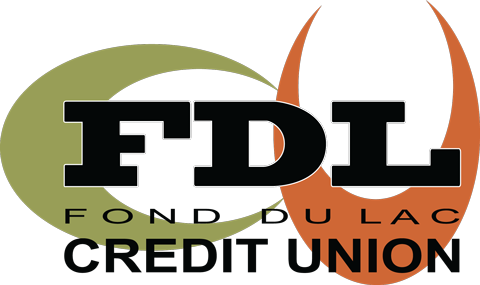Do you know what your credit score is? You should! Your credit score is one of the most important factors lenders consider when you apply for a personal loan. It is used to determine how likely you are to repay a loan balance. When you apply for a loan, lenders will check your credit. The higher your score, the more likely you are to be approved. If you have a less than ideal score, you likely won’t be approved by most lenders, and if you are approved, a lower score could have a less than ideal affect on your loan terms.
Here are some of the key credit score factors that affect your approval for a personal loan:
- Payment History: Lenders want to see that you have a history of paying your debts on time.
- Credit Utilization: This is the amount of credit you are currently using, relative to your total available credit. Lenders like to see that you are not using too much of your available credit. Ideally, you want to keep your credit utilization below 30%.
- Credit Mix: Lenders look to see how you’ve managed different types of credit. Having a variety of accounts such as credit cards, loans and mortgages shows that you’re able to manage different types of debt.
- Number of Inquiries: When you apply for a loan, credit card, or line of credit, lenders do a hard inquiry on your credit report. Too many inquiries in a short period can lower your score.
- Length of Credit History: Lenders like to see that you have a long history of credit responsibly. This shows that you have been able to manage your credit over time.
Lenders will use your credit score to make sure they set your loan terms wisely. This includes your interest rate, the amount you approved for, and the length of repayment.
- Interest Rates: Your interest rate is one of the most important pieces of a loan. It affects the amount of your monthly payment and the overall cost you will pay back. A low credit score could also leave you with only high-interest-rate options. Meanwhile, a high credit score may give you access to the lowest rates available, which could save you money over time.
- Loan Amounts: Lenders base the amount of money you can borrow on three main factors income, existing debts, and credit score. With a good credit score, lenders are more likely to approve you for a larger loan amount. If you have a lower credit score, you may find yourself approved to borrow less.
- Length of Repayment: With personal loans, the length of time in which you must repay a loan can vary. A low credit score may leave you with shorter repayment terms. Meanwhile, with a high credit score, a lender may be willing to offer extended length options.
While your credit score isn’t the only factor that matters when you apply for financing, it certainly is an important piece. Generally, lenders reserve the lowest interest rates and the most attractive loan terms for people with high credit scores. Check your score before you apply for a loan to see where you stand! You can get a free credit report once a year from annualcreditreport.com.

